Language, speech, and hearing are the three things that make us effective in communicating with other people. Unfortunately, not everyone is blessed enough to have those skills intact and working. In fact, 37.5 million people experience some degree of hearing loss and around 47 million Americans struggle with some form of communication issue.
If you are wondering how you can spread the word and increase awareness regarding communication disorders and their impact in our lives, here are some of the things you need to know about Better Hearing and Speech Month.
The History Of Better Hearing And Speech Month
May is that month of the year where awareness about communication disorders as well as their treatment options are promoted. It started in 1927 and was initiated by the American Speech-Language-Hearing Association. That time, the organization was known as the American Speech and Hearing Association. In 1986, President Ronald Reagan issued a proclamation making May as the Better Hearing and Speech Month.
In 1927, people weren’t really paying attention to speech and hearing problems. In fact, those who suffered stroke and had difficulty talking after weren’t given proper treatment and assessment. People assumed that there’s nothing that can be done to solve the issue or regain the skill.
Children who weren’t talking or had poor hearing and speaking skills were considered as “slow” children. People weren’t able to do anything about them or even help them, especially with the technology back then.
How To Celebrate Better Hearing And Speech Month
This month is the best time to pay attention and reach as many people as possible about communication disorders and their life-changing treatments. As a nurse, here are some of the best ways you can contribute:
Reach Out To The Public
Educating the public is one of our duties and there are so many ways we can get the job done.
Social media, for example, is a great place to start since it’s able to connect you to a large number of people from all over the world. You can post articles and published materials online to spread the right information. You can create groups and invite people who are struggling with communication issues as well as their families.
You can also reach out to the media, like your local radio station or newspaper, and ask them if they can publish a column about communication disorders. You can even arrange a speaking arrangement and present relevant topics that can help people.
Educate The Kids
Children are affected by communication disorders as much as adults are. This makes it important that you make them aware, too.
Visit schools or partner with them in celebrating Better Hearing and Speech Month. You can set up posters in their main hallways and send handouts to parents about how to recognize the early signs of communication problems in kids. You can also invite them over for a small informative talk.
Be creative in discussing effective communication with children. Use art, write a song or incorporate play into your programs. You can ask children questions so you can gauge their responses. Take advantage of their activities at school as these are the things that can give you a clearer idea of how well they relate to their peers.
For teachers and school counselors, teach them as much as you can about the disorders. Children spend most of their days at school so it’s only important that the people they spend time with know how to look after them or at least recognize when something’s not right.
Conduct Free Hearing Screening
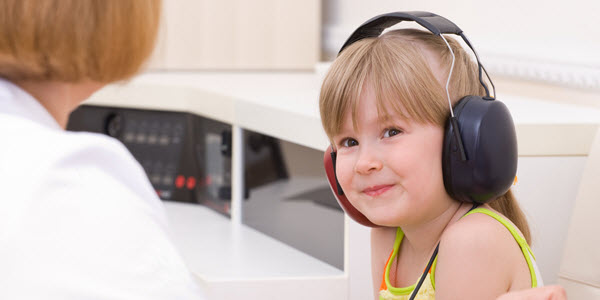
The first three years of life is the period where children are supposed to learn language. However, it is during their 6th month of life that they learn speech and language. When hearing loss is detected early, there’s a good chance that a child will achieve better language skills later in life.
Take note, however, that hearing loss doesn’t always happen early. There are children who experience hearing loss and communication problems later in their childhood. This makes it important that parents, grandparents, and caregivers continue to look for signs of any speaking and hearing problems.
Hearing tests should be offered in hospitals, clinics, and private practice. You can hold an open house and invite specialists and other health care professionals to participate in the event. Invite not just children but adults, too.
Visit clinics
Gather your colleagues and pay a visit to your local pediatrician clinics. Distribute educational materials or conduct a short presentation (if the clinics permit) to the patients there. Give out calling cards so they’ll know where to reach you or where to ask for help.
Place eye-catching posters in your hospital
Ask your hospital if you can utilize the high traffic areas in your area to celebrate Better Hearing and Speech Month. If they agreed, set up eye-catching materials that can catch the attention of your patients, their families and visitors.
Emphasize the importance of hearing protection
Exposure to noise that’s greater than 85 decibels can be enough to cause hearing loss. This includes the use of power tools, going to concerts and watching fireworks. If exposure to these things and events are inevitable, it’s important that people wear protection.
Hearing protection comes in different types and sizes. You can distribute some of them to your colleagues, patients as well as their families. You can even set up an information table outside your clinic or hospital so you can give a few pieces to the people walking by.
Foam earplugs are cheap but they can only be used once. Earmuffs, on the other hand, can cover the entire ear and are best used to help children stay focused. They are, however, uncomfortable to wear, especially in warm weather.
Universal earplugs are the most popular type and they come in a wide range of variety. They work to seal the entire auditory canal which helps the person using it to completely shut off from the noise.


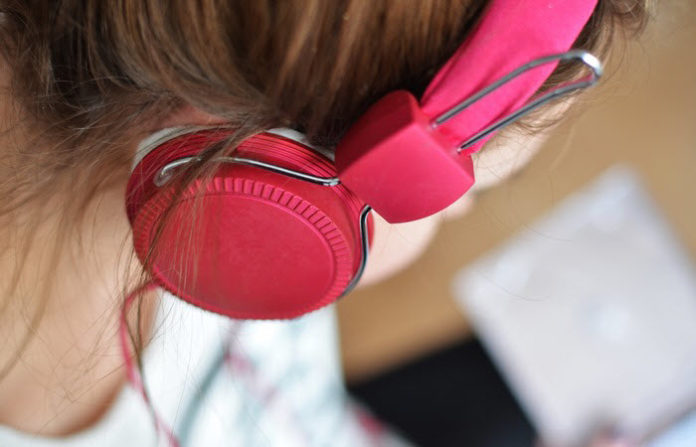

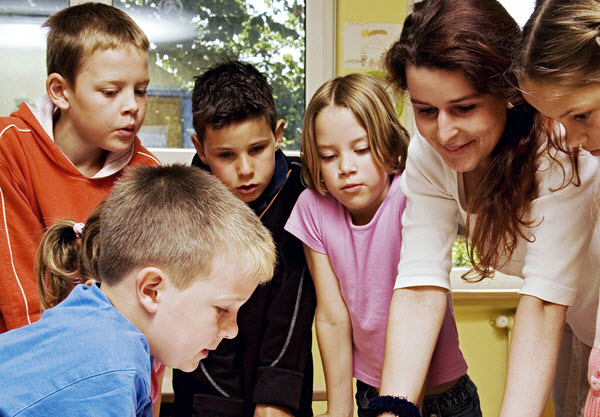
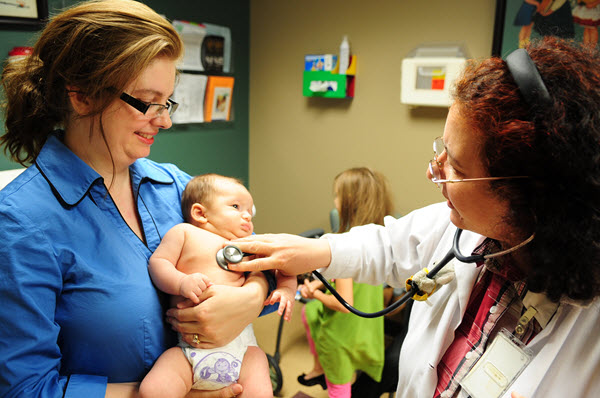

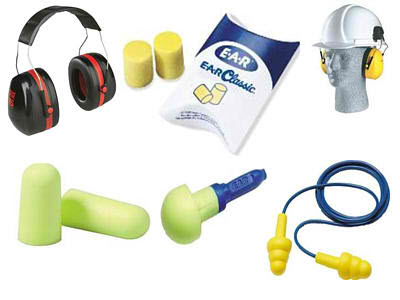








![How Baby Boomers Will Impact The Nursing Shortage [Infographic] nursing shortage infographics](https://www.nursebuff.com/wp-content/uploads/2015/01/nursing-shortage-infographics-100x70.png)








